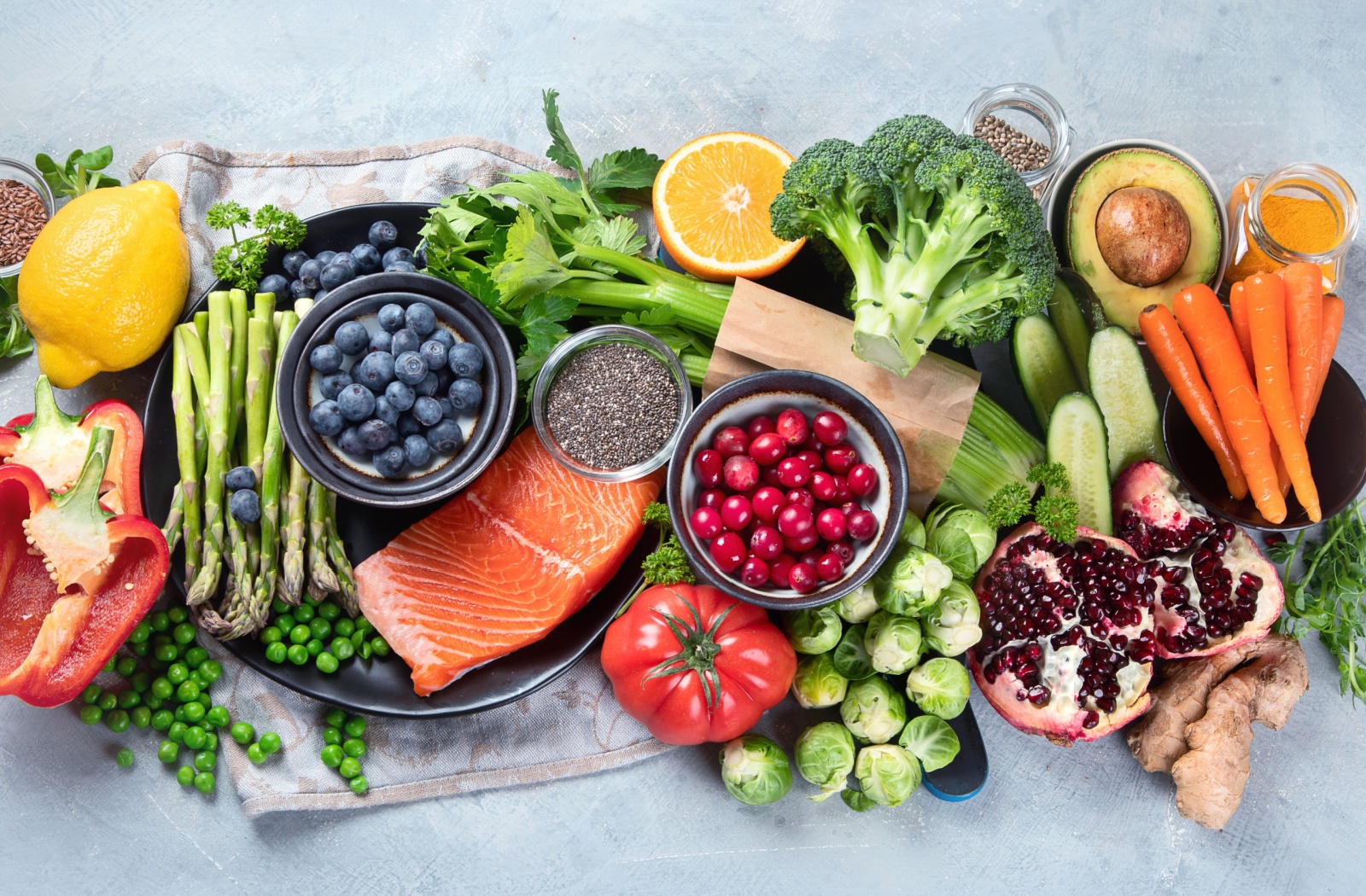Caring for your heart becomes more important with age. Choosing the right heart-healthy foods for seniors supports circulation, reduces cholesterol, and lowers blood pressure. Foods rich in omega-3 fatty acids, fiber-rich whole grains, and antioxidant-rich fruits help keep arteries clear. Including potassium-rich vegetables, lean protein sources, and low-sodium options reduces strain on the heart. Daily meals should focus on natural, unprocessed choices that nourish the body. Good nutrition paired with light exercise helps seniors maintain energy, avoid heart disease, and live longer, healthier lives with confidence and independence.
1. Importance of Heart Health in Aging
The risk of heart disease rises after age 60, but healthy eating makes a big difference. A diet with cardiovascular-supporting foods keeps arteries flexible and prevents blockages. Regular walking and staying active improve blood flow, but food choices are the foundation of heart health. Understanding which foods strengthen the heart encourages seniors to make better decisions. Focusing on whole grains, fresh vegetables, and omega-3 sources daily helps lower the risk of heart attack, stroke, and high blood pressure naturally.
2. Omega-3 Fatty Acids
Omega-3 fatty acids reduce inflammation and keep blood vessels healthy. Seniors should enjoy fatty fish like salmon, sardines, and mackerel at least twice weekly. For plant-based options, chia seeds, flaxseeds, and walnuts are excellent sources. Omega-3s lower triglycerides, improve circulation, and support brain function as well. Drizzling meals with extra-virgin olive oil adds healthy fats without harming the heart. Combining omega-3 foods with fresh vegetables creates balanced meals that protect heart health. This nutrient is one of the most powerful tools for long-term cardiovascular support.

3. Fiber-Rich Whole Grains
Eating fiber-rich whole grains lowers LDL cholesterol and supports digestion. Choose oats, brown rice, quinoa, and whole-wheat bread for daily meals. Seniors should aim for at least three servings per day to keep blood sugar stable and promote heart health. Fiber sweeps excess cholesterol from the bloodstream and helps maintain a healthy weight. Combine whole grains with lean protein sources like fish or beans for a satisfying, heart-friendly meal that provides energy without spiking blood sugar or increasing bad cholesterol.
4. Antioxidant-Rich Fruits and Vegetables
Brightly colored antioxidant-rich fruits and vegetables fight free radicals and protect blood vessels. Berries, oranges, spinach, and broccoli are excellent daily choices. These foods also provide potassium, which balances sodium levels and helps control blood pressure. Seniors should include at least five servings of fruits and vegetables daily for optimal heart protection. Lightly steaming or roasting vegetables preserves nutrients and enhances flavor. Pairing these with healthy fats like olive oil boosts nutrient absorption and makes meals more satisfying.
5. Lean Protein Sources
Lean protein sources maintain muscle mass and support heart function. Choose skinless poultry, fish, beans, lentils, and tofu over processed meats. Protein helps repair tissue and keeps metabolism active, which is important for older adults. Pairing lean protein with fiber-rich sides like vegetables and whole grains creates a balanced plate. Seniors who eat adequate protein feel stronger and more energized, which encourages more physical activity and better heart health over time. Plant-based protein also provides added fiber and heart benefits.
6. Low-Sodium Options
Too much salt raises blood pressure, which strains the heart. Seniors should choose low-sodium options by avoiding packaged snacks and seasoning with herbs instead of salt. Fresh garlic, basil, turmeric, and ginger add flavor while supporting circulation. Drinking enough water helps the body flush excess sodium. Reading food labels and choosing low-salt varieties of soups, sauces, and canned vegetables keeps sodium intake under control and protects heart health every day.
